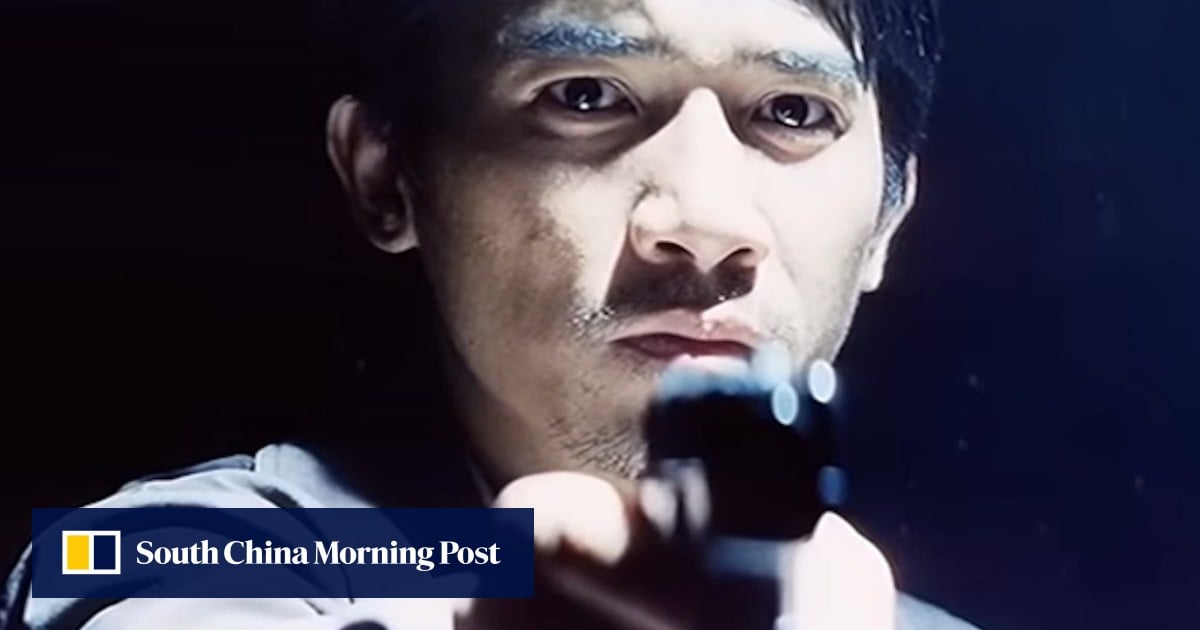Below we revisit and rate Milkyway’s first five releases.
1. Beyond Hypothermia (1996)
4/5 stars
Beyond Hypothermia was made just before To officially founded Milkyway Image, and was the first film to be released under the new company’s banner.
The hit-girl drama is much more stylised than what was to come, and it looks as if To was trying to work out how to break away from the solid genre conventions which underpinned Hong Kong cinema.
“Beyond Hypothermia sets the tone of death and annihilation in the Milkyway canon,” film historian Stephen Teo wrote in his erudite analysis Johnnie To and the Hong Kong Action Film.
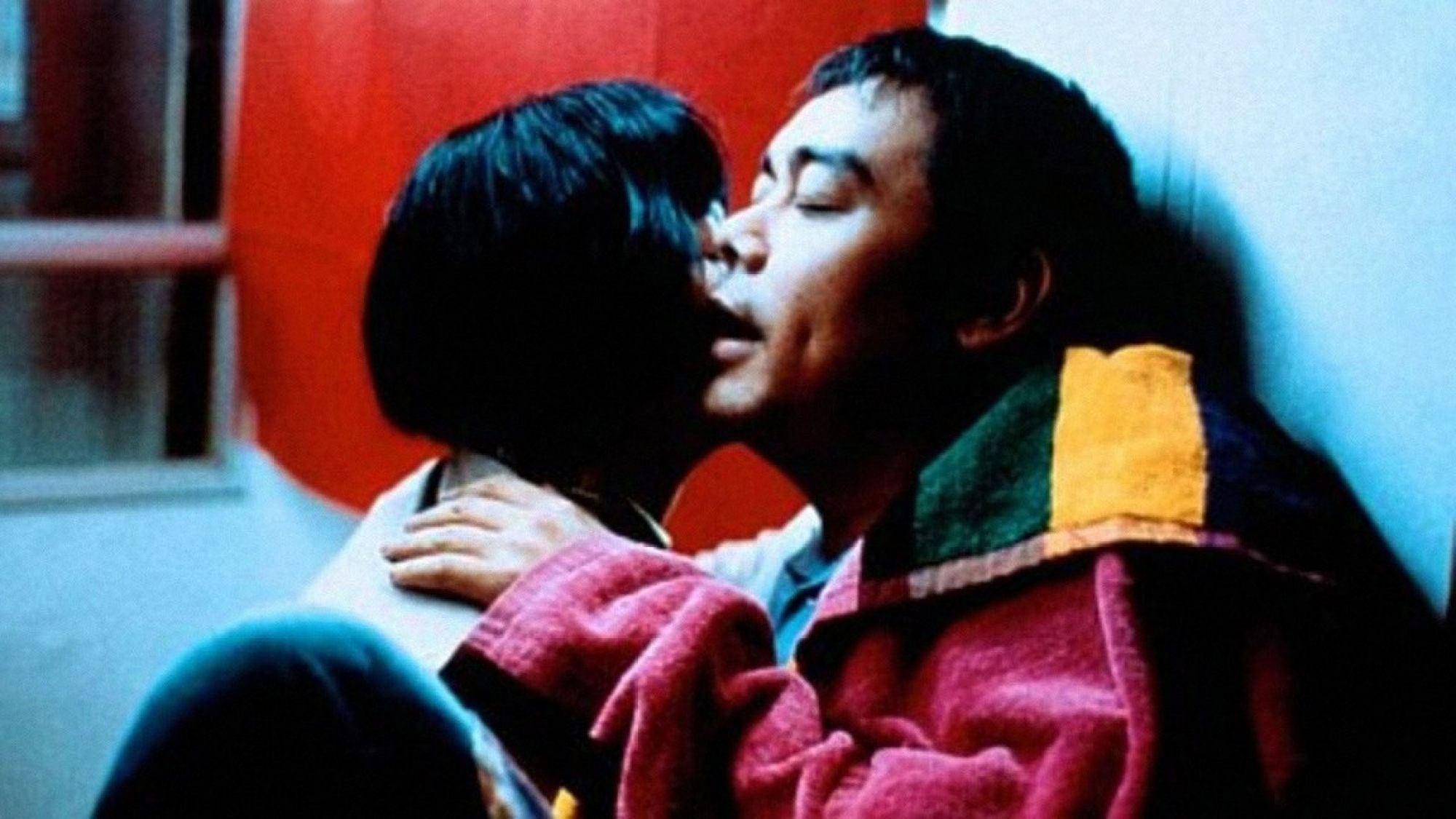
The story features Taiwanese actress Wu Chien-lien, then one of Hong Kong cinema’s top female stars, playing against type as an ice-cold killer who is trying to break away from her life of crime.
To intended Milkyway Image to be a training ground for up-and-coming filmmakers, such as his former assistant director Patrick Leung Pak-kin. Beyond Hypothermia was the second feature film Leung directed.
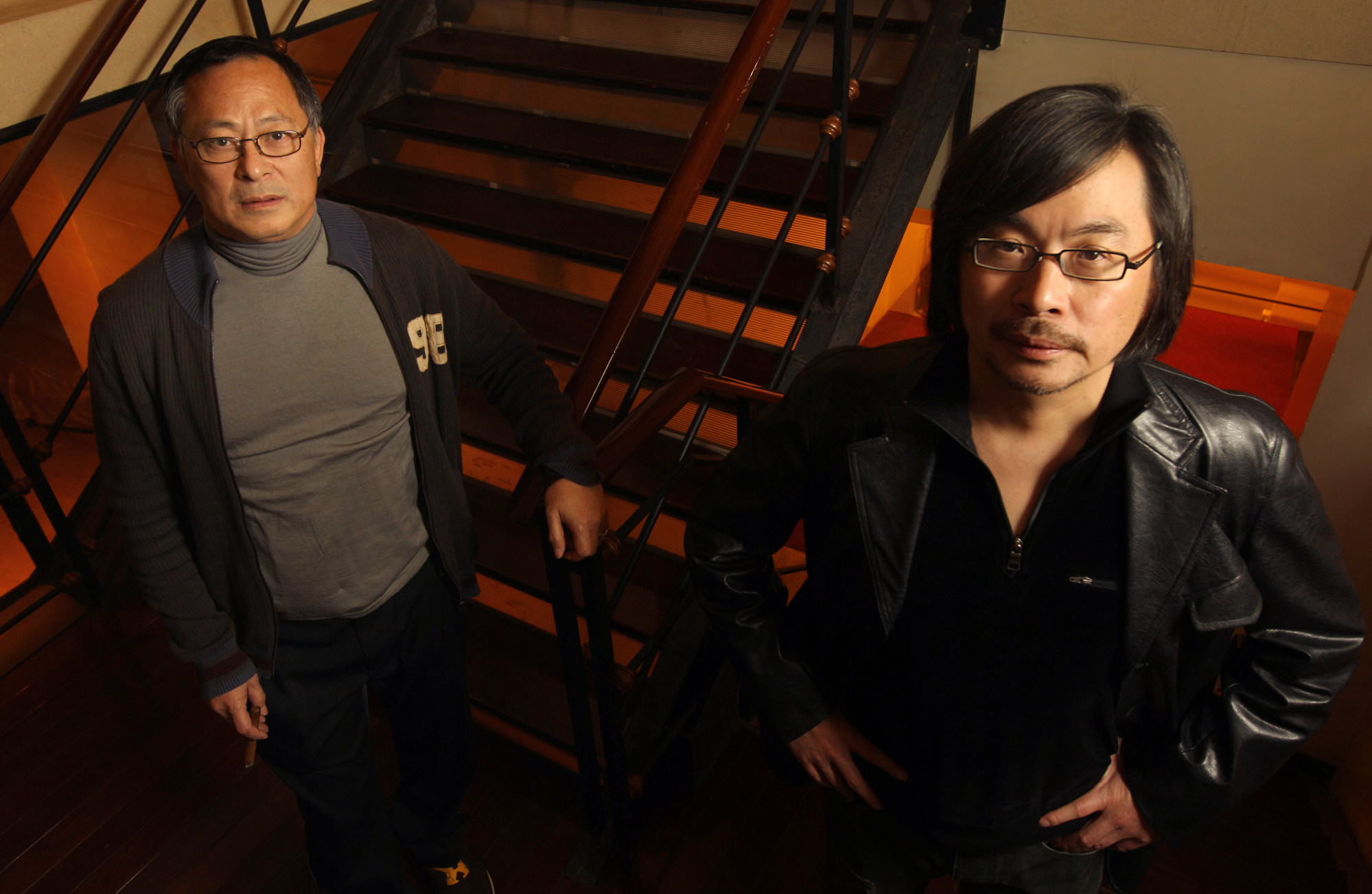
To has said that he contributed much to the direction of Milkway’s early films – “the directors were not experienced enough to control the whole production”, he told the Post – but these action scenes show that Leung put his training to good use.
2. Too Many Ways to Be No. 1 (1997)
4/5 stars
This weird triad fantasy, Milkyway’s first official production, showed the co-founders letting their imagination run wild as they looked for where they could take the triad film genre.
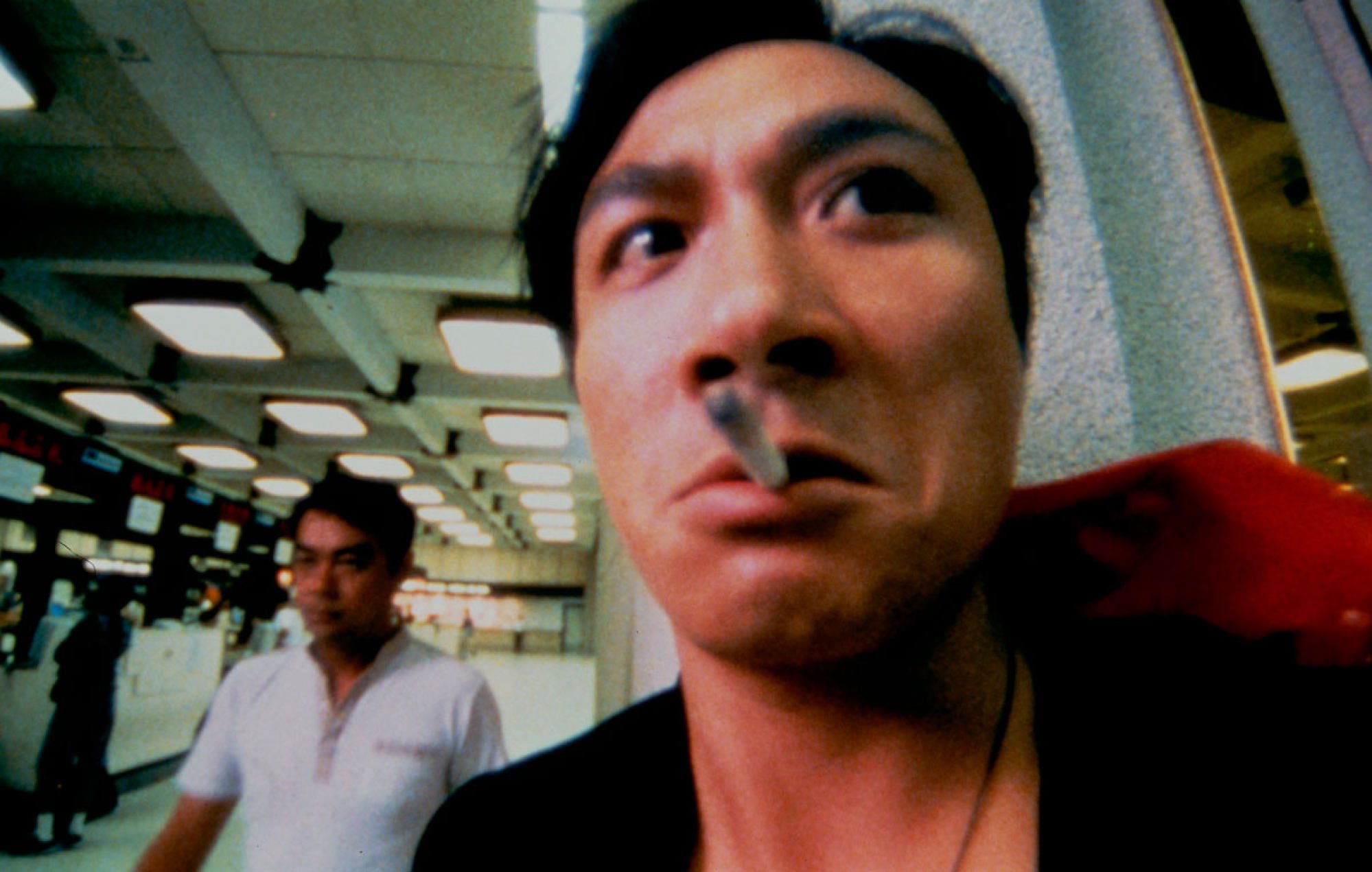
Fuelled by dark humour and a desire to experiment, it depicts an inept petty gangster (Lau Ching-wan) who imagines two different paths for his life while talking to a fortune-teller. It was the second film Wai directed fully.
“Too Many Ways to be No. 1 is unique in its derivations,” Paul Fonoroff wrote in a positive Post review. “Its first half is a kind of Chinese Pulp Fiction, but by the end, it’s more akin to It’s a Wonderful Life. Director Wai Ka-fai and his co-scriptwriters Matthew Chow [Hoi-kwong] and Szeto Kam-yuen play with notions of time and fate in a novel manner for local cinema.”
“Too Many Ways To Be No 1 had a good script,” Lau Ching-wan told this writer. “I loved that script and I found it very interesting to act in the film.”
3. The Odd One Dies (1997)
3/5 stars
To and director Patrick Yau Tat-chi’s decision to model the cinematography on that of Wong’s Fallen Angels, using Dutch (tilted) angles and a constantly moving camera, also encouraged comparisons to Wong’s work.
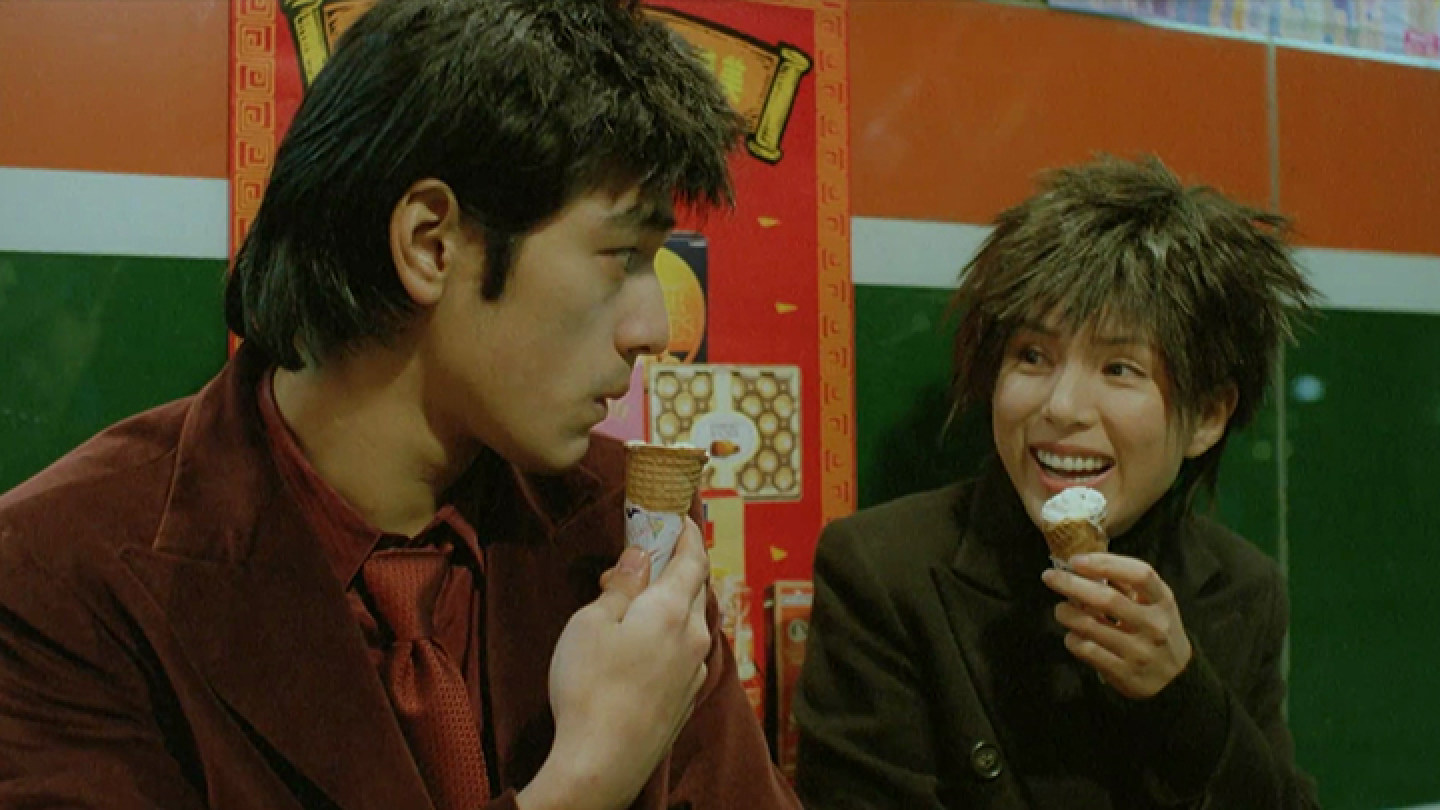
The two develop loving feelings for each other, but the hit still has to be carried out.
“The fingerprints of scriptwriter Wai Ka-fai and Johnnie To are all over it, from the oblique narrative, the strikingly offbeat use of music, and the view of life as a shifting kaleidoscope in which people’s fortunes can change dramatically from one moment to the next,” wrote Variety film critic Derek Elley.
4. The Longest Nite (1998)
5/5 stars
To finally defined the general direction for Milkyway Image with The Longest Nite, and it is likely that he directed most of the film and put his personal stamp on it, even though direction is credited to Patrick Yau.
The film plays out like a neat French policier, with solid character development, a neat – if complicated – plot, smooth cinematography, and action scenes which are fully integrated into the storyline.
“The Longest Nite is a milestone in the Milkyway project because it contains those elements of To’s auteurship identifiable through the interplay of the police officer and the killer. It is clearly a product arising from To’s exertion of artistic control,” wrote Teo.
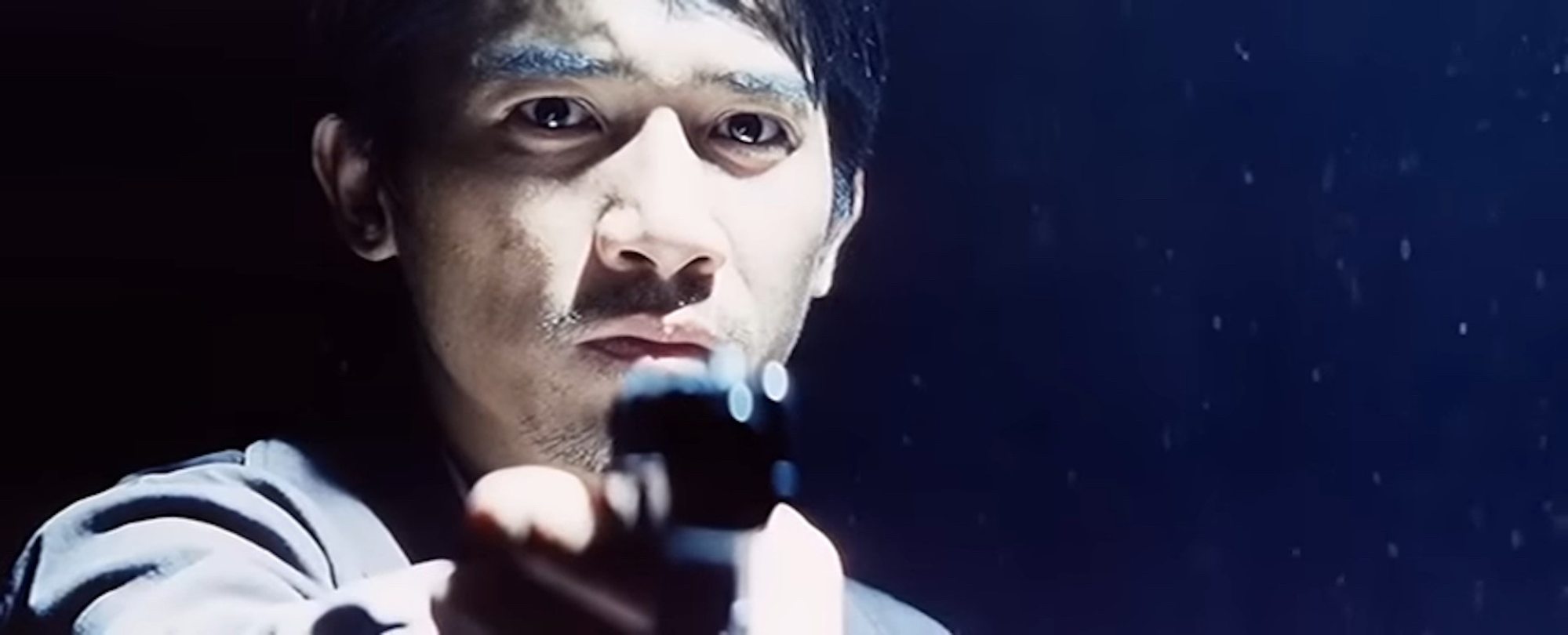
The protagonist is framed for a hit on a triad boss that he did not commit, and desperately needs to find out who carried out the killing – could it have something to do with the arrogant stranger played by Lau Ching-wan?
The film is extremely violent and gory, even by the standards of Hong Kong cinema. It is inspired by a real – and equally violent – triad turf war that took place in Macau in the mid-1990s, which frequently made headlines in Hong Kong.
5. Expect the Unexpected (1998)
5/5 stars
A beautifully crafted crime film, Expect the Unexpected integrated the personal lives of police officers into its story.
It also lives up to its title, providing a totally unexpected – and narratively subversive – ending in which an entire police squad is wiped out in a protracted and pathos-filled gun battle worthy of martial arts maestro Chang Cheh.
“The film represents a character-driven spin on genre cinema at its best,” Derek Elley wrote in Variety.
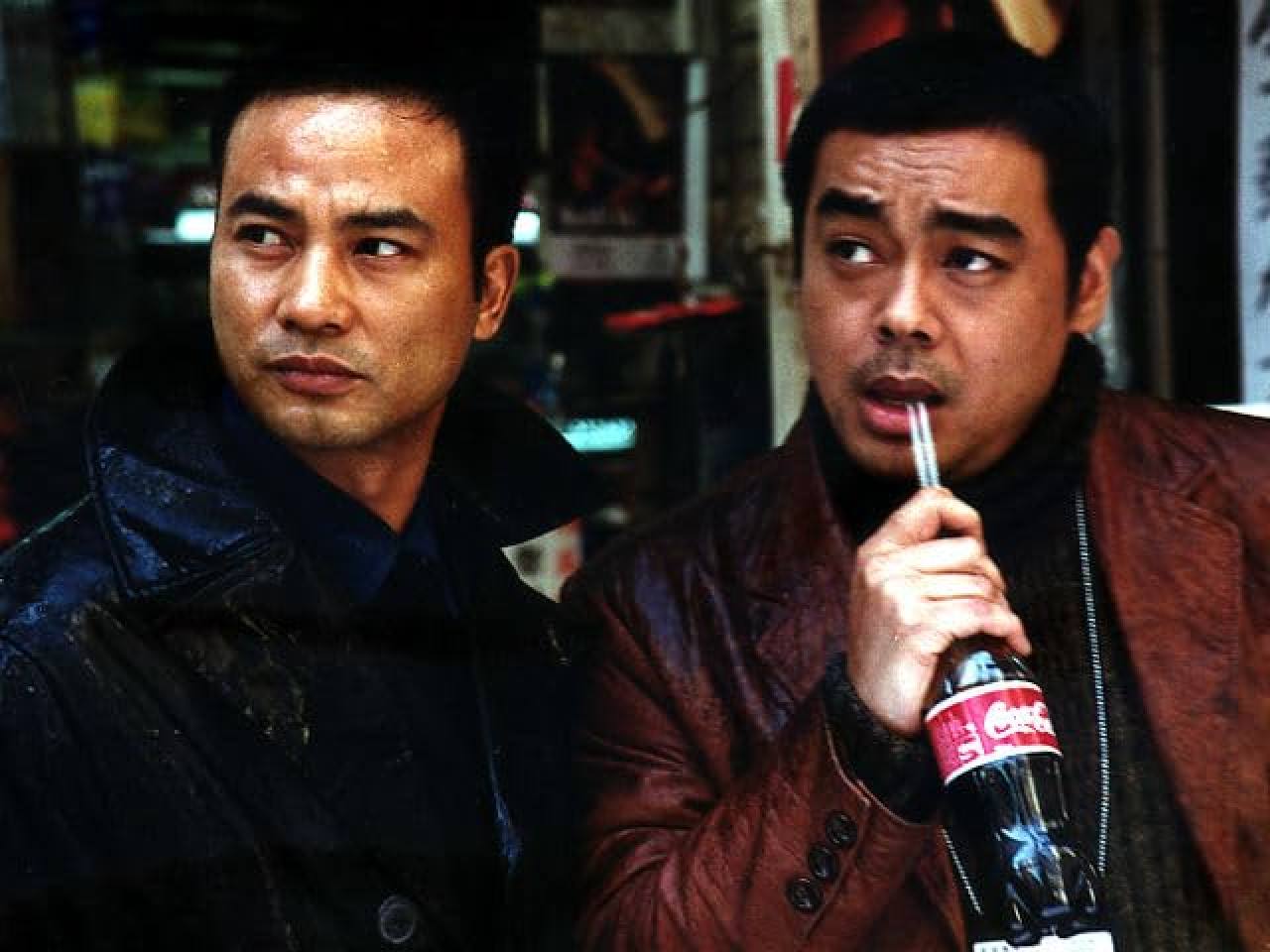
Much of the picture details Lau’s efforts to get his boss Yam a date with a woman shopkeeper who’s actually in love with him. But coincidences and random occurrences – two key themes of To’s oeuvre – abound, and finally lead to unexpected disaster.
In this regular feature series on the best of Hong Kong cinema, we examine the legacy of classic films, re-evaluate the careers of its greatest stars, and revisit some of the lesser-known aspects of the beloved industry.

